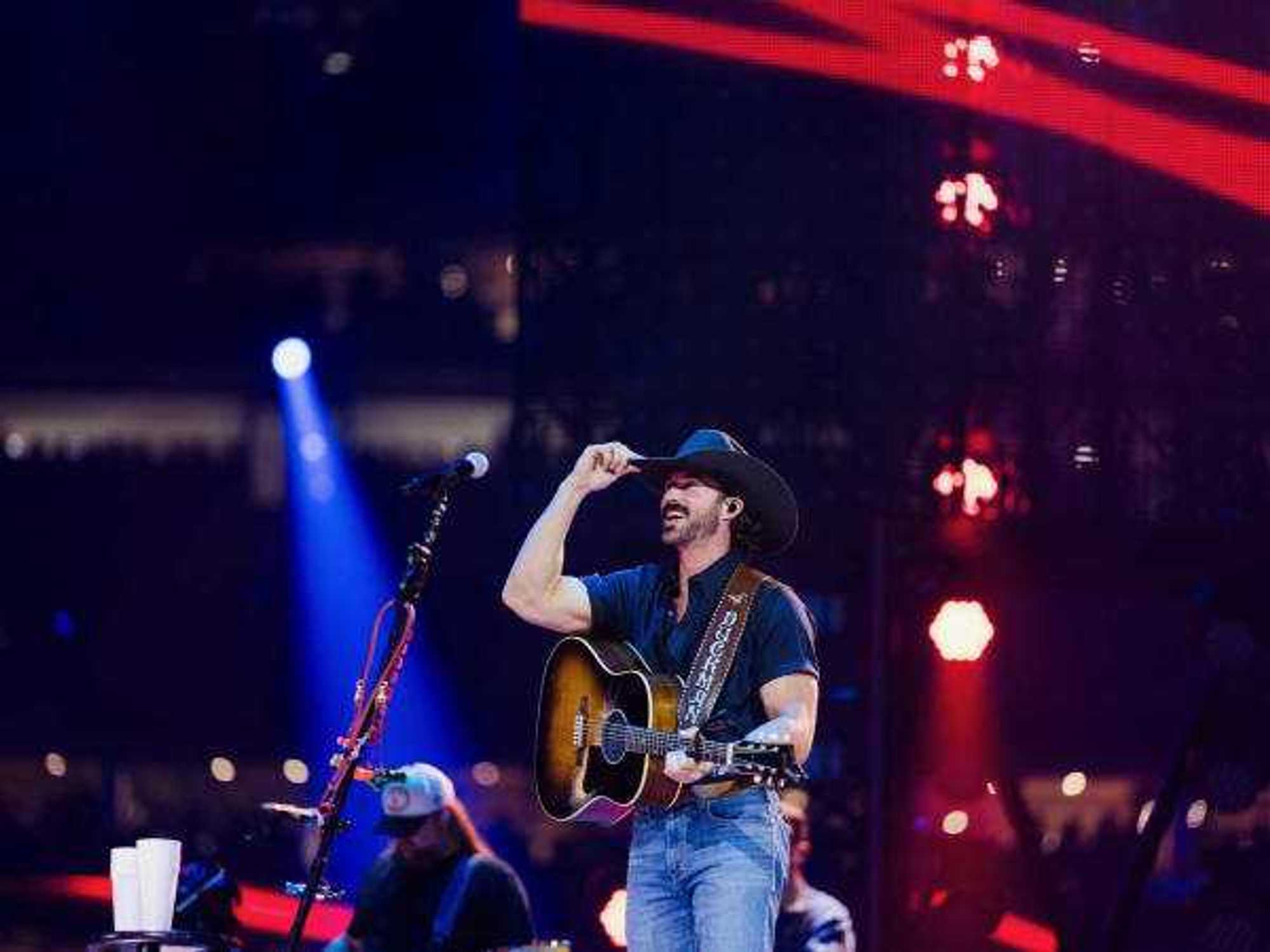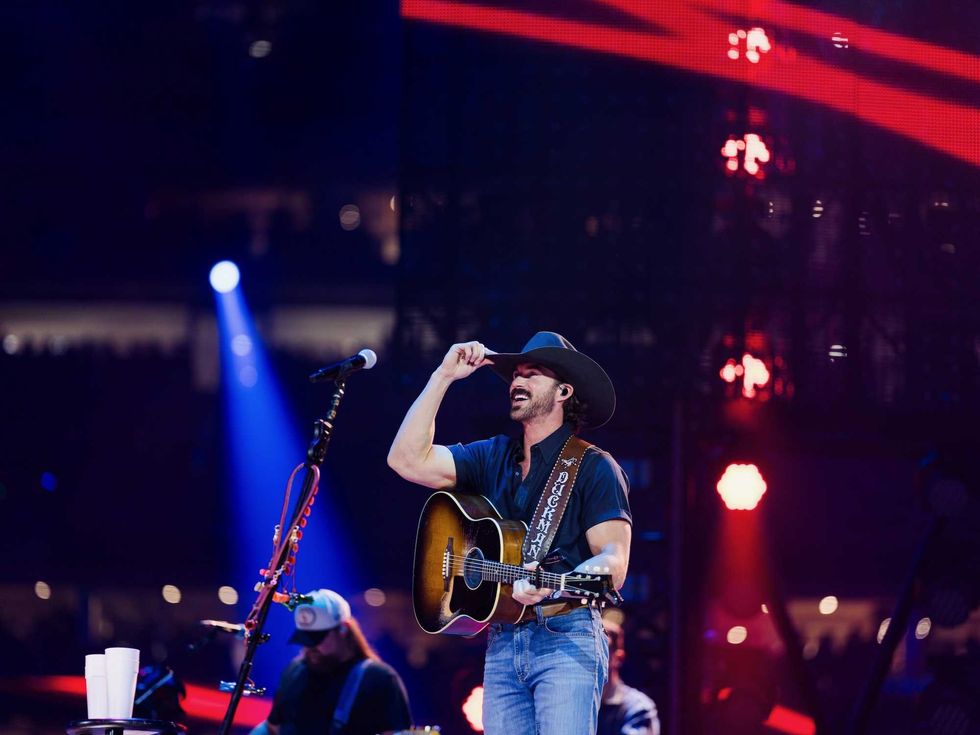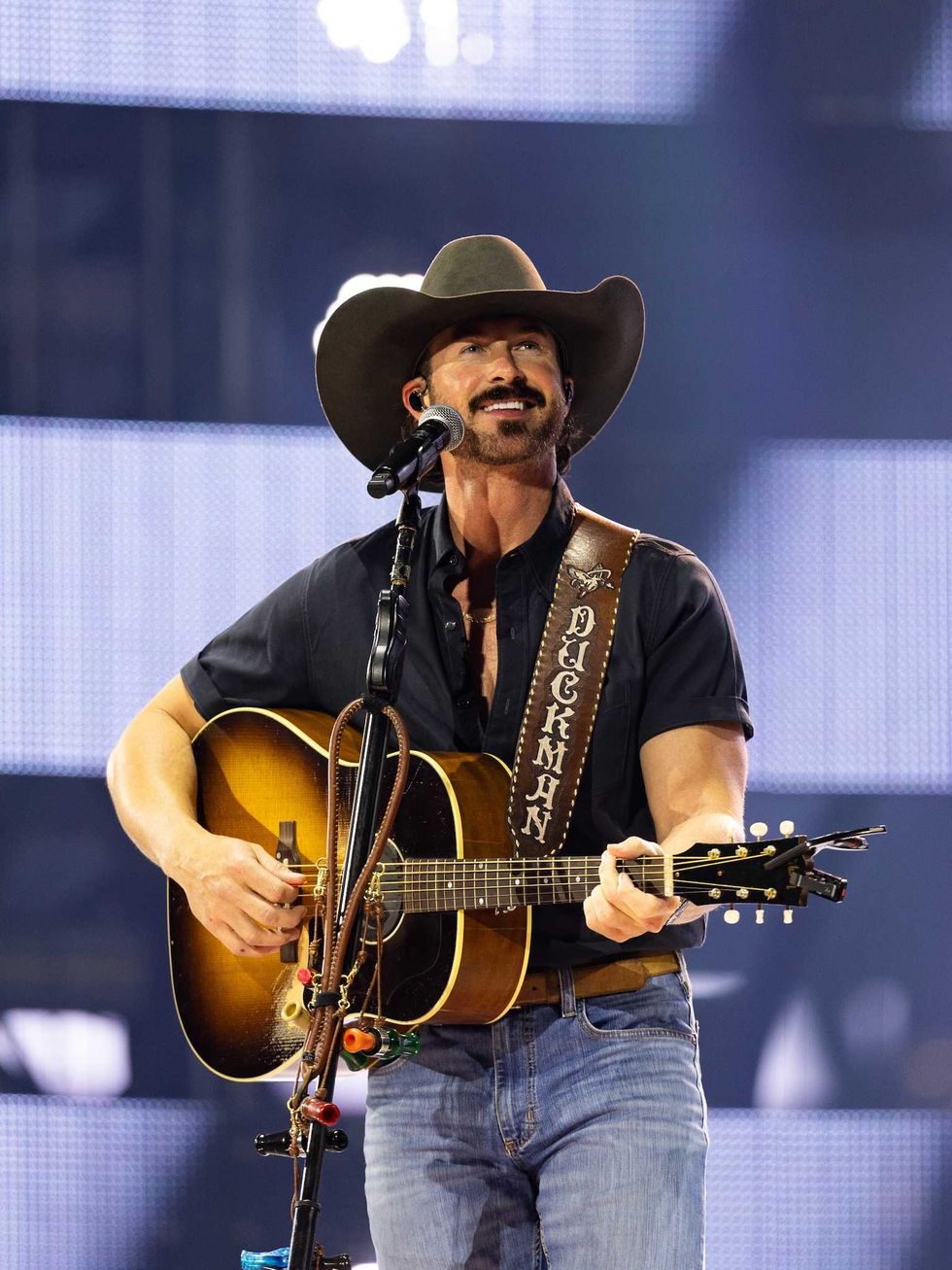take a look at him now
With his music limited by an injury, Phil Collins follows his love of historydeep into the Alamo
 Phil Collins is currently suffering from issues with his left hand, but said helooks forward to having a chance to continue concentrating on his writing.The Sun
Phil Collins is currently suffering from issues with his left hand, but said helooks forward to having a chance to continue concentrating on his writing.The Sun The legendary Phil Collins sat down with CultureMap Wednesday to discuss hisfirst book The Alamo and Beyond: A Collector’s Journey.Photo by Tyler Rudick
The legendary Phil Collins sat down with CultureMap Wednesday to discuss hisfirst book The Alamo and Beyond: A Collector’s Journey.Photo by Tyler Rudick The Alamo and Beyond: A Collector's Journey by Phil CollinsPhil Collins.com
The Alamo and Beyond: A Collector's Journey by Phil CollinsPhil Collins.com "Yeah, they knew," Collins said about his little-known interest in the Alamo. "Imean Tony Banks liked gardening, you know. It was no big deal."The Hobo's Ride
"Yeah, they knew," Collins said about his little-known interest in the Alamo. "Imean Tony Banks liked gardening, you know. It was no big deal."The Hobo's Ride The History Shop, where Collins conducted an archaeolgical dig in search ofAlamo artifacts. "You can still see the place where we dug," he said. "It's in aportion of store next to this giant model of the Alamo."Google Maps
The History Shop, where Collins conducted an archaeolgical dig in search ofAlamo artifacts. "You can still see the place where we dug," he said. "It's in aportion of store next to this giant model of the Alamo."Google Maps
Throughout his decades-long career as one of the most successful musicians in rock history, legend Phil Collins has maintained a little-known passion . . . for the Alamo.
That's right, the iconic drummer for Genesis and author of solo mega-hits like "In the Air Tonight" and "Sussudio" has held a near-obsession with the Spanish colonial mission since he first saw Walt Disney's Davy Crockett as a 5-year-old London suburbanite.
This week, Collins finds himself in Lone Star State on tour not for a new album, but for a book he's written about his massive collection of artifacts from the Alamo and Texas Revolution. On Wednesday, he made his way to the Houston offices of Torch Energy Advisors, which hosted a special book signing and Q&A session with the musician to raise funds for the Texas State Historical Society.
CultureMap joined Collins for a special interview before the event. He talked more about the collection, his 2011 retirement from music and his rather unlikely new career as an historian.
Phil Opens Up
The collection is more or less a personal endeavor, Collins explained, and though the entire bottom floor of his house is dedicated to Texas artifacts, only about 20 people have ever seen it.
"I've actually got quite a modest home in Switzerland," he laughed. "There used to be just enough stuff to put around the house and not have it get in the way. Suddenly, I was building display cases and now the basement is pretty much taken up with all of it."
"It's not that I'm hiding it — it's just always been something that's only for me . . . something that's mine," he joked in a Mr. Burns-style voice, tapping his fingers together. I wanted to know if he kept his hobby a secret from the rest of Genesis.
"It's just always been something that's only for me . . . something that's mine," Collins joked about his collection in a Mr. Burns-style voice, tapping his fingers together.
"Yeah, they knew," Collins said. "I mean [keyboardist] Tony Banks liked gardening, you know. It was no big deal."
Starting in the early 1970s and on through the mid-to-late '80s, Genesis rehearsed for all its tours in Dallas, where the company that built the band's elaborate stage and lighting designs was based.
"I first went to the Alamo in '73 with Peter Gabriel and our tour manager," Collins recalled, saying that he found it fascinating, but was still far from the knowledgeable aficionado he is today.
"I actually only went there two or three times until 2004 when I did the final farewell tour and we were playing here [in Houston]," he said. "I hired a little plane and flew with my wife, my 3-year-old and my assistant for a quick two-hour tour."
The short visit marked a rather dramatic turning point for the musician, who was already considering a turn away from music towards writing.
"I first went to the Alamo in '73 with Pet er Gabriel and our tour manager," Collins recalled, saying that he found it fascinating, but was still far from the knowledgeable aficionado he is today.
"It was such a pivotal trip, because that's when I met James Guimarin who ran the History Shop, this antique shop near the Alamo," Collins said.
The two would bond over their joint borderline obsession with the Battle of Texas and before long, Collins and Guimarin were organizing their own archaeological digs beneath the floors boards of the shop.
"You can still see the place where we dug," he said. "It's in a portion of the store next to this giant model of the Alamo."
After injuring his back playing drums on the last Genesis reunion tour in 2007, Collins noted that he has frequent issues with his left hand and struggles to play music. While he hasn't ruled out the possibility of a full recovery, he said he's enjoying his time away from the music industry and looks forward to having a chance to continue concentrating on his writing.



